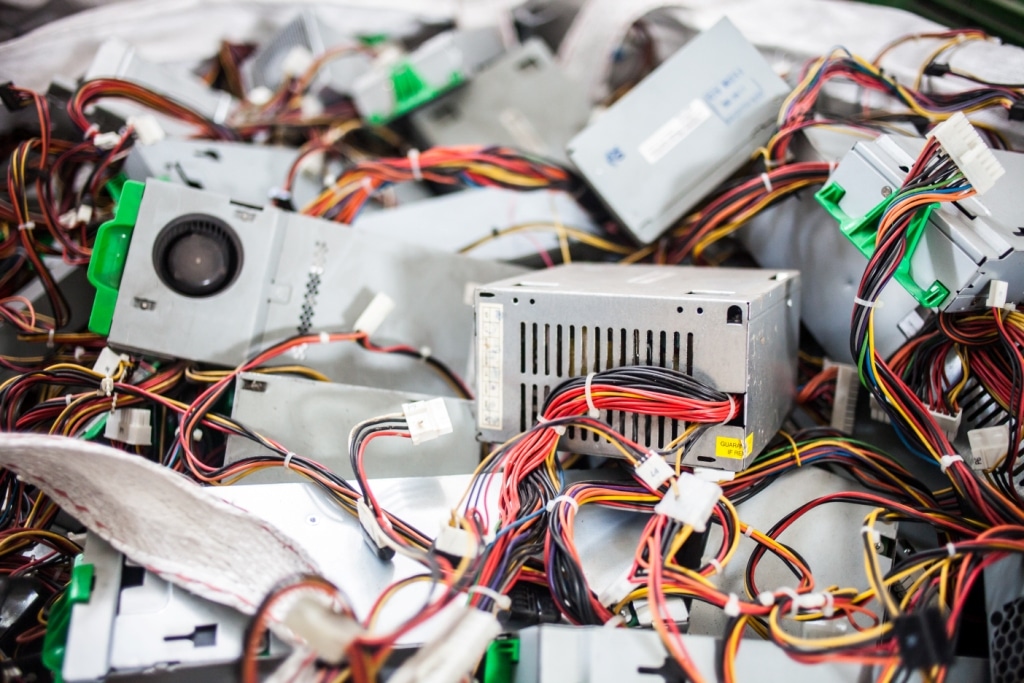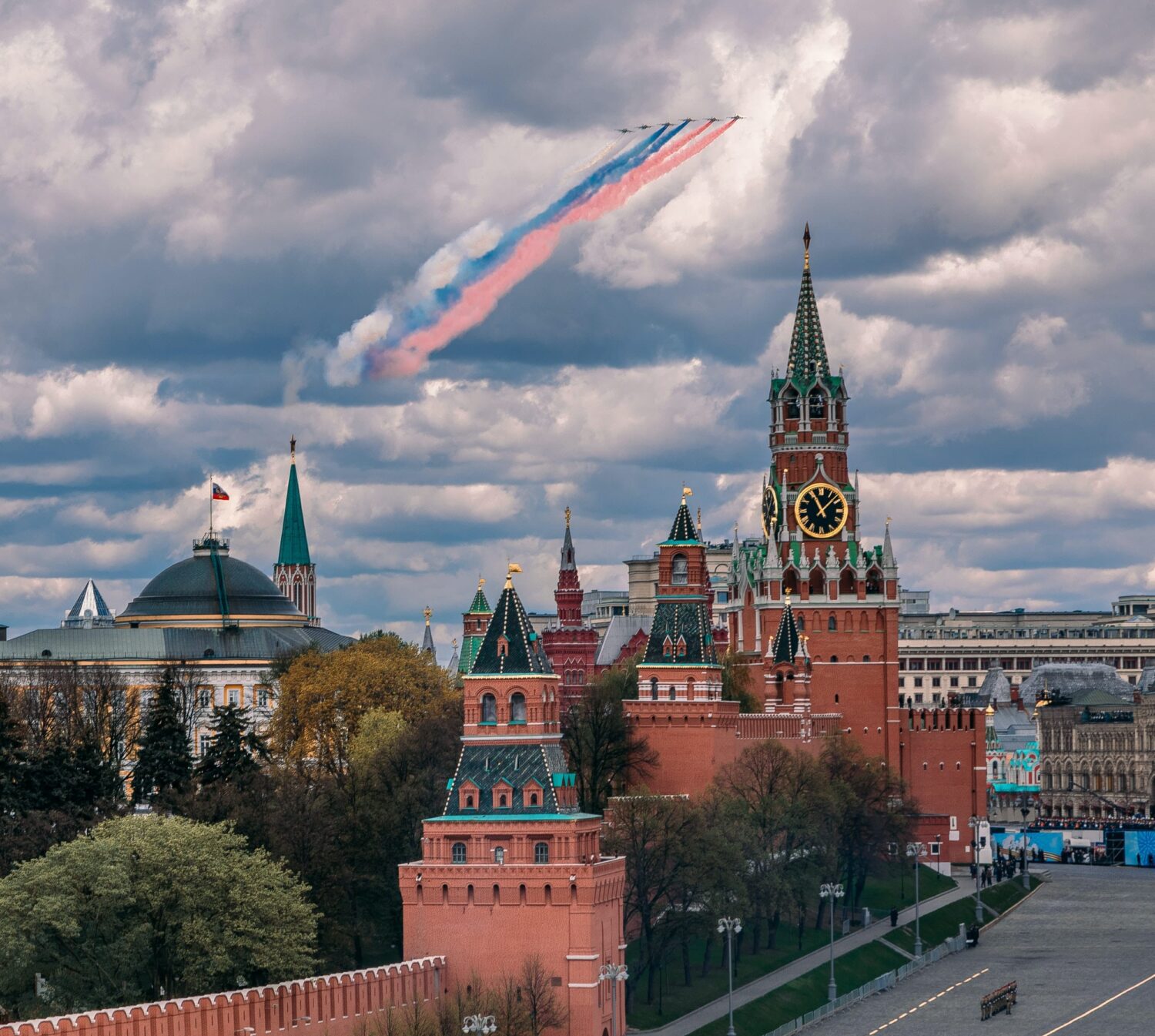This morning, Tuesday 16 May, Jehovah’s Witness Shamil Khakimov, 72, was released from prison in Tajikistan after serving the full term of his four-year sentence. He had been imprisoned on spurious charges of “inciting religious hatred.” In reality, sharing his faith with others.
His release comes on the heels of an official visit to Tajikistan by the UN Special Rapporteur on Freedom of Religion or Belief, Nazila Ghanea, last month.
The persecution and the sentencing of Shamil Khakimov to prison
Shamil Khakimov is a widower and a pensioner. He was born in the small village of Koktush, in the district of Rudaki, Tajikistan. In 1976, he married and moved to the capital city of Dushanbe, where for 38 years he worked for OJSC Tajiktelecom as a cable lines engineer. Khakimov had two children, a son and a daughter. In 1989, when his son was 12 and his daughter was 7, his wife died from cancer. He took care of his children and never remarried. He became a Jehovah’s Witness in 1994.
On 4 June 2009, sixteen Jehovah’s Witnesses had a peaceful gathering in a private apartment in Khujand to read and discuss the Bible. Eleven officials, including officers of the State Committee on National Security, forced their way into the apartment, searched it as well as the participants of the gathering, seized their Bibles and other religious publications. Several Jehovah’s Witnesses were subsequently brought to the headquarters of the State Committee on National Security, where they were interrogated for six hours. On an unspecified date, a criminal case was initiated against them.
The case was dismissed in October 2009 after the annual OSCE Human Dimension Implementation Meeting in Warsaw where his imprisonment was made public. However, the prosecutor reopened the criminal case later on other charges.
In September 2019, the Khujand City Court sentenced Khakimov to seven and a half years in prison. The court also imposed a three-year ban on his religious activity after completing his sentence. He lost an appeal on 9 October 2019.
In March 2021, Khakimov’s original 7.5-year sentence was reduced by two years, three months, and ten days. He was informed via letter that his term was commuted as a result of Tajikistan’s amnesty law.
In September 2021, his sentence was reduced another year.
In September 2021, while he was in prison, his son died from a heart attack. He was not allowed to attend his funeral.
In October 2021, it was reported that Khakimov’s health had deteriorated greatly.
State of health
Since 2007, he had suffered from severe circulatory problems in his lower limbs, which required surgery. His condition worsened in 2017, requiring additional surgery, which was performed that year. Owing to poor vascular circulation, his surgical wounds did not heal. He had an open leg ulcer when he was arrested on 26 February 2019, and subsequently placed in pre-trial detention. Despite his health situation, the detention order was extended 3 times, lasting 6 months and 13 days in total.
In detention, Khakimov also suffered from heart disease, atherosclerosis of the legs, varicose veins and gangrene in early stages in his left foot. He also lost vision in his right eye, and he could barely see out of his left eye due to progressive glaucoma. On 31 October 2022, he received a certificate attesting to the fact that he was now identified as having a group two disability.
International outcry
The international community was very active in Khakimov’s case:
USCIRF (United States Commission on International Religious Freedom) published numerous press releases (e.g., link) and adopted him as a FoRB victim (link), see also Twitter (link)
IRFBA (International Religious Freedom or Belief Alliance) Chair (Fiona Bruce) wrote to President Rahmon of Tajikistan (see Twitter link)
UN Special Rapporteur on Freedom of Religion or Belief, Nazila Ghanea also pleaded in his favor (see link) and her predecessor Ahmed Shaheed as well (see link)
U.S. Ambassador at Large Rashad Hussain, see link
U.S. Senator Marco Rubio, see link
UN Human Rights Committee (CCPR): On 19 March 2021, it requested that Tajikistan “ensure, without delay, that [Mr. Khakimov] receives adequate medical treatment in a specialized medical institution in accordance with his health care requirements, and that an alternative to imprisonment is secured for [Mr. Khakimov], while his case is pending before the [CCPR].” This request was repeated on 18 June and 13 September 2021, without result
On 8 November 2022, Khakimov filed a formal petition for his release to the President of Tajikistan. The same petition was filed with the General Prosecutor’s Office, the Ministry of Justice, the Ministry of Foreign Affairs, and the Ombudsman.
On 10 November, Supervisory filed an appeal with the Supreme Court, requesting that his case be re-opened and reversed, based on 2022 judgment by the UN Human Rights Committee (CCPR) that declared Tajikistan’s ban on Jehovah’s Witnesses unlawful and baseless.
On 11 November, a private complaint/appeal was filed against the trial court decision that refused to release Shamil based on his poor health.
Registration and ban of Jehovah’s Witnesses
Jehovah’s Witnesses have been active in Tajikistan for more than 50 years. In 1994, their organization (RAJW) was granted registration by the then State Committee on Religious Affairs pursuant to the Law “On Religion and Religious Organizations” of 8 December 1990 (the “1990 Religion Law”). On 15 January 1997, the RAJW was re-registered with national status under the amendments to the 1990 Religion Law. On 11 September 2002, the State Committee on Religious Affairs suspended the activities of the RAJW for three months for door-to-door propaganda and propaganda in public places.
On 11 October 2007, the Ministry of Culture banned the RAJW, annulled its charter and determined that the RAJW’s registration of 15 January 1997 was unlawful. It concluded that the RAJW repeatedly violated the national legislation, including the Constitution of Tajikistan and the 1990 Religion Law, by distributing religious publications in public places and door-to-door.













